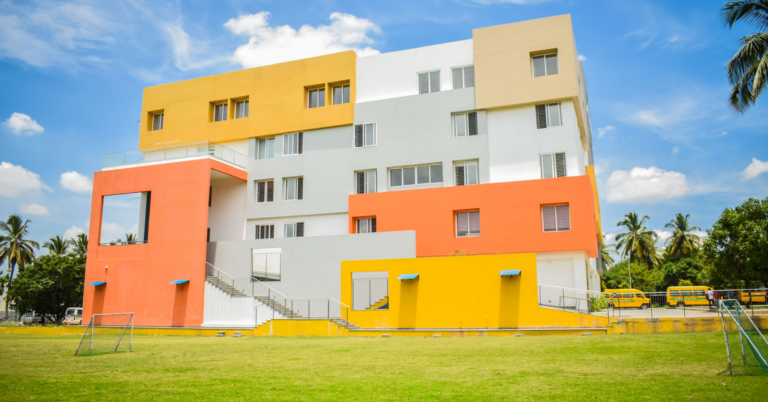Collaborative Learning Strategies: Fostering Teamwork and Communication
Collaborative learning is a dynamic educational approach that emphasizes interactions and joint efforts among students to achieve common goals. This method fosters a cooperative environment where individuals share their knowledge, skills, and perspectives to enhance their overall understanding of a subject. By working together in groups, students not only engage in active learning but also develop valuable communication and teamwork skills that are essential for their academic and professional success.
In collaborative learning settings, students are encouraged to take on diverse roles and responsibilities within the group, promoting a sense of ownership and accountability for their collective outcomes. This type of learning encourages peer-to-peer teaching and learning, where students learn from each other’s strengths and support one another in areas of weakness. Through collaborative learning experiences, students not only deepen their understanding of course material but also cultivate essential skills such as critical thinking, problem-solving, and conflict resolution.
Benefits of Teamwork in Education
Teamwork in education brings forth numerous advantages for both students and educators. Collaboration within a group setting allows individuals to develop important social skills such as communication, problem-solving, and conflict resolution. By working together towards a common goal, students are able to enhance their critical thinking abilities and learn how to effectively engage with diverse perspectives.
Additionally, teamwork promotes a sense of responsibility and accountability among students. When working in teams, individuals are more inclined to actively participate in discussions, contribute their unique talents, and support their peers in achieving success. This cooperative approach fosters a positive learning environment where students feel empowered to take ownership of their learning journey and work towards shared accomplishments.
Teamwork in education helps students develop important social skills such as communication, problem-solving, and conflict resolution.
Working together towards a common goal enhances critical thinking abilities and encourages engagement with diverse perspectives.
Collaboration promotes a sense of responsibility and accountability among students.
Students are more likely to actively participate in discussions, contribute their unique talents, and support their peers when working in teams.
A cooperative approach fosters a positive learning environment where students feel empowered to take ownership of their learning journey.
Effective Communication Techniques for Group Work
Effective communication is vital for successful group work in any setting. Clarity in expressing thoughts and ideas helps team members stay aligned and work towards common goals. Actively listening to others’ perspectives fosters a collaborative environment where everyone feels valued and understood.
In addition, non-verbal cues play a significant role in communication within a group. Paying attention to body language and facial expressions can provide valuable insights into team members’ feelings and attitudes towards the task at hand. Encouraging open body language and making eye contact can boost trust and engagement within the group.
What is collaborative learning?
Collaborative learning is a teaching approach that involves students working together in small groups to achieve a common goal or complete a task.
What are some benefits of teamwork in education?
Some benefits of teamwork in education include improved critical thinking skills, enhanced communication skills, increased creativity, and the opportunity for students to learn from one another.
How can effective communication techniques improve group work?
Effective communication techniques, such as active listening, clear and concise speaking, and providing feedback, can help group members understand each other’s perspectives, resolve conflicts, and work together more efficiently towards a shared goal.
What are some common challenges faced in group work?
Some common challenges faced in group work include differences in communication styles, conflicting opinions, unequal participation, and difficulty in coordinating tasks. Effective communication techniques can help address these challenges.
How can students improve their communication skills for group work?
Students can improve their communication skills for group work by practicing active listening, asking clarifying questions, expressing their ideas clearly and respectfully, and being open to feedback from their group members.







